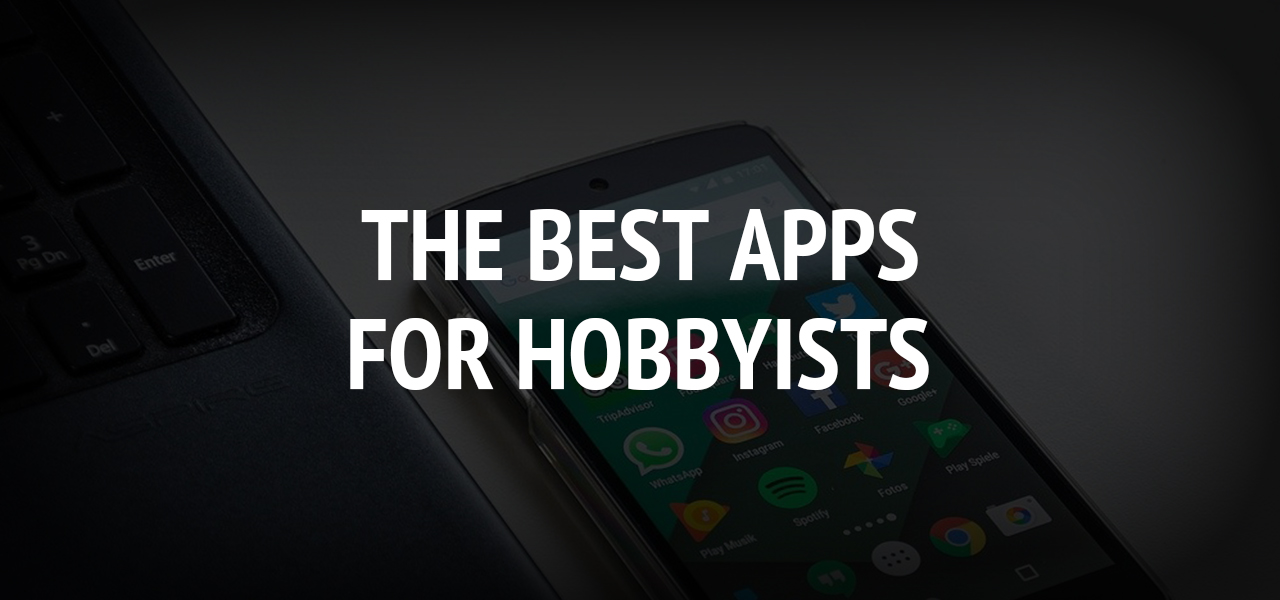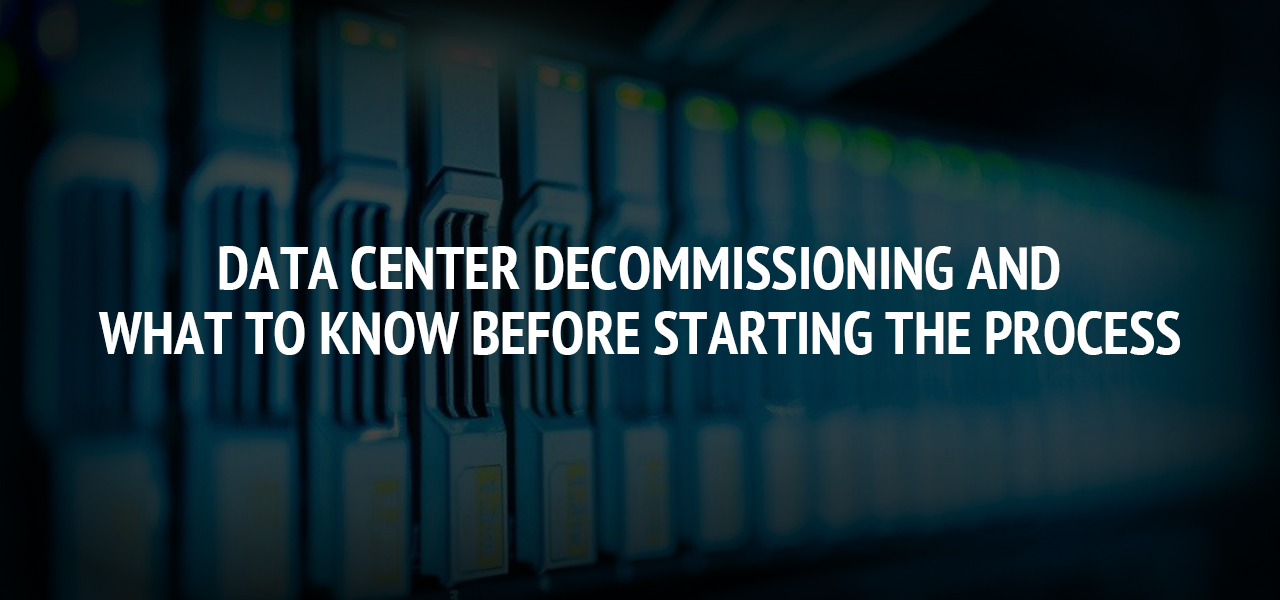Are Your Applications Running Efficiently

Are your applications running efficiently? If not, you need to take to action to better their performance. You cannot afford for your applications not to be working to their best of their ability, which is why you need to ensure that they are optimized at all conceivable points.
To see what you can do to help your all-important applications run efficiently day in, day out, make sure to check out the advice below.
Troubleshoot your device
It might not be your applications themselves that are the problem, it could very well be your device. In order to rule out any device-related troubles, you should troubleshoot it. Your processor’s troubleshooter will check your device extensively for any issues that may be slowing its performance down — it will check for a wide range of problems, from the amount of people that are logged on to how many programs are running to whether or not malicious software has been unknowingly downloaded. If it does, in fact, find any problems, your troubleshooter will get to work right away in fixing your troubles.
On a Windows 10 device, this means heading to the Performance troubleshooter. You can do this by:
Clicking the Start button
Clicking Control Panel
Typing troubleshooter in the search box
Clicking Troubleshooting
Under System and Security, clicking Check for performance issues
Delete the programs that you never use
Your device will be full of programs that you never use. This is because manufacturers have a tendency to pack the devices that they create with programs that in no way, shape, or form benefit the consumer. For instance, if you were to look on your PC now, you’d probably find a multitude of trial editions of programs that you’ve never even considered using — these versions are added to devices by manufacturers and software companies in the hope that you, the consumer, will use them, find them to be useful, and then pay for the whole package.
By keeping these useless and redundant programs on your device, you will slow everything right down. When this happens, you can kiss goodbye to any hope of your applications running efficiently. For this reason, if there’s one piece of advice that you take away from this article, let it be to scour through your device and to delete everything you never use.
Use securing containers
Sometimes, applications do not run efficiently because they are not compatible with the operating system they run on or the underlying infrastructure isn’t compatible. Every so often, an application will need specific OS configurations in order to be able to work at its optimum level, or even at all.
To fix this problem, you should start using containers. This kind of tech will allow you to move your applications from one infrastructure to another with all the libraries, files and other things that they need to work in one big unit. This kind of tech can also be used to minimize your attack surface and reduce the likelihood of a cybercriminal exploiting your applications. Keep in mind that containers to truly benefit from the containers, you must ensure you are securing containers before deploying them.
You deserve for the applications that you run to be efficient. That's not always going to be the case, though, which means you may find yourself having to take the above advice from time to time.
About The Author
Related Blog
View All-
The Best Apps for Hobbyists
Do you consider yourself a hobbyist? Are you constantly on the lookout for ways to feed your hobby and passion and help take it to the next level? Hobbies can be a fabulous way for people to relax, unwind, and even learn and better themselves, so why not encourage ...
-
Data Center Decommissioning and What to Know Before Starting the Process
Is your technology company using outdated security systems to protect your data center technology? Your older software leaves stored information at risk and vulnerable to malicious attacks. With new forms of hacking and a growing culture for selling data, maintaining ...







